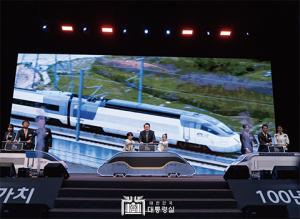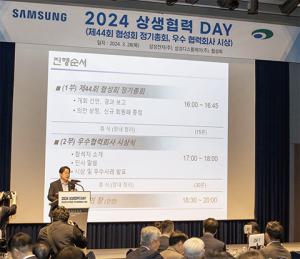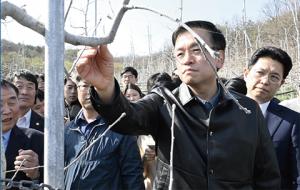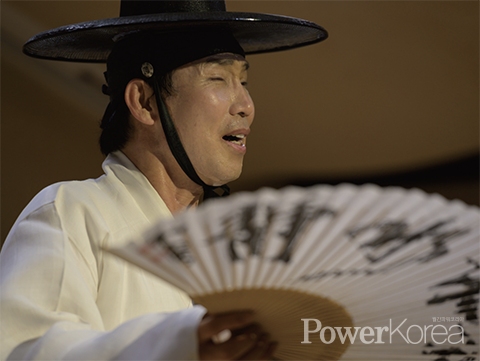 |
||
A 2022 Ministry of Culture, Sports and Tourism report shows that 8 out of 10 foreigners see South Korea as friendly. Most of them had a great interest in Korean culture and those who want to see and try something traditional also is in high demand. While Korean dramas, movies and music are making strong presence worldwide, ‘gugak - traditional music’ still seems to be left behind. Feeling sorry for this, the Jeonju Daesaseup Play Preservation Association rolled up sleeves.
 |
The play passed down since King Sukjong
The gateway to recognition
The start of the Jeonju Daesaseup Play goes back to King Sukjong of Joseon Dynasty. At first, it was a jousting competition and started to include pansori (storytelling opera), samulnori (percussion music) and essay writing from King Yeongjo where the Daesaseup Agency opened its door to hold the event yearly. It stopped by the Japanese invasion and resumed from 1975 in 5 categories: pansori, nongak (farmer’s music), dance, poetry and archery. Not long after, the Jeonju Daesaseup Play Preservation Association set sail by adding 4 more categories and one more was added in 2010.
Because of this long history, the play is regarded as a promising gateway to recognition in the field. This year, it is set to take place in May in a total of 15 categories for adults and 10 categories for students including singing, dancing, zither, archery, poetry and farmer’s music.
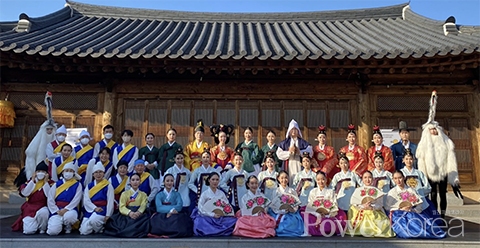 |
Listing the play in the Intangible Cultural Heritage
Signing a MOU with the Traditional Art Society of Korea US
The association president Song Jae-young took the steering wheel in 2017 and devoted his life to spreading traditional Korean culture. While many other plays are listed in the Intangible Cultural Heritage, Jeonju Daesaseup Play is yet to do it. With that task on hand, the association signed a MOU with the Traditional Art Society of Korea US to make it happen. Song says, “What is need is historical evidence and restoration to be recognized as Intangible Cultural Heritage. We have been running seminars for this and will push forward in earnest with cooperation with the Traditional Art Society of Korea US.”
Song has visited LA and New York on a regular basis to open an office of the association. Japan is also on the list for the office. The MOU signed in July 2022 especially was meaningful as Consulate General in New York Jung Byung-hwa was there.
 |
Support and interest are needed
Song pointed out the need for traditional artists to create more public-friendly contents in order to more effectively promote these valuable genres of the art. He says, “It is hard to find a traditional music program on TV channels which is really regretful. It is a good thing that Korean cultural contents are doing great on the global stage but it will be even better that accompanies traditional music and plays through more channels and platforms.” He emphasizes, “That aside, we, the members of the association and also the artists, should make double effort to make this happen.”
권동호 기자 dongho2010@naver.com

